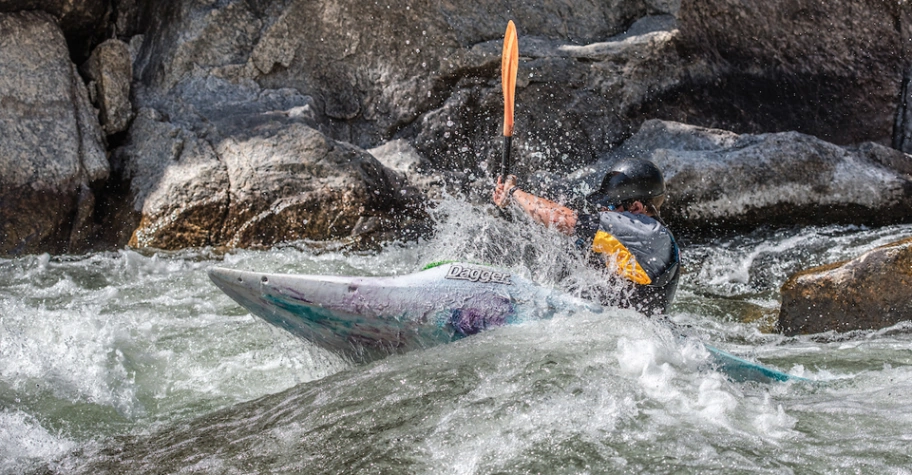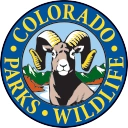On Monday, Colorado Governor Jared Polis signed the Keep Colorado Wild Annual Pass bill (Senate Bill SB21-249). The pass fee will be automatically added to your vehicle registration fee, but you can opt-out if so desired. It was designed as a reduced-price annual state parks pass, so instead of the current $80 pass, it should be around $40 and might drop to $20 if they get high participation rates. The Bill sponsors say the increased revenue will help staff and protect Colorado’s 42 state parks. In addition, the money will also support search and rescue volunteers, support avalanche safety and awareness, regularly maintaining state parks and trails, and conserve wildlife. The program is supposed to be enacted in 2023.
I always buy a state park pass each year, so I’ll welcome the decreased cost, but will it cause an exponential increase in use in visitations, and maybe even overuse at the parks?
Introducing the Keep Colorado Wild Pass
To address the challenges of rapid growth in demand for, and impacts from, outdoor recreation, CPW asks all Coloradans to financially support wildlife conservation and the trails and other outdoor recreation infrastructure they desire. The “Keep Colorado Wild Pass” is a vehicle-displayed pass that will be added when Coloradans register their passenger vehicles, light trucks, motorcycles, and recreational vehicles. The pass concept is intended to be a lower-cost pass to increase and expand accessibility to more Coloradans.
This new pass will provide access to Colorado’s 42 state parks and recreation areas and other potential public lands yet to be determined.
To encourage all Coloradans to take advantage of the Pass, the Pass price will be set at no more than half the price of an annual state parks pass (current annual fee is $80). Although we hope Colorado’s outdoor enthusiasts will embrace the Pass, there will be the ability to opt-out of buying the Pass during vehicle registration and annual renewal.
A reduced price pass for those unable to afford the full-price pass or that are currently eligible for assistance programs will also be available. An annual and daily state park pass fee structure will remain for tourists visiting the state and those that opt-out.
Existing user or activity fees in state parks such as fees for developed campsites, hunting/fishing license fees, and boat, OHV, and snowmobile registration fees would still apply.
Check out our Frequently Asked Questions document for more details about Senate Bill SB21-249. A two-page fact sheet for the bill is also available.
Senate Bill 21-245: Backcountry Search and Rescue
In conjunction with the Keep Colorado Wild Pass bill, Senate Bill 21-245 creates a statutory definition for backcountry search and rescue (BSAR) and requires a study and stakeholder process to address numerous issues with the existing volunteer-based BSAR program. Colorado Parks and Wildlife will conduct outreach and training on the physical and psychological effects of search and rescue endeavors on BSAR volunteers as part of a pilot program focused on training, outreach, creating policies, and discovering funding opportunities.
Check out the Senate Bill 21-245 Fact Sheet for more details.
Goals
Under Governor Polis, our agency has a renewed focus on making sure we have diverse, stable, long-term funding that is equitable, supported by a broad set of stakeholders and meets the current and future needs of all Coloradans. Funds generated from Pass sales will be directed toward achieving ten goals to focus CPW’s future investments in public lands, conservation, outdoor recreation, and wildlife management.
Strengthening Our Existing State Park System
- Goal 1: Provide an affordable, multi-agency pass that ensures that all users contribute to keep Colorado wild.
- Goal 2: Ensure sufficient staffing and resources to manage and protect Colorado’s 42 existing state parks.
Protecting and Educating Outdoor Recreationists
- Goal 3: Provide Search and Rescue (SAR) teams and avalanche programs with the support needed to keep us and them safe.
- Goal 4: Develop educational campaigns to promote responsible recreation and wildfire prevention.
Investing in the Future of Wildlife Conservation and Outdoor Recreation
- Goal 5: Build new state parks in partnership with local governments, conservationists, and recreationists.
- Goal 6: Increase capacity to address the impacts of outdoor recreation on public lands.
- Goal 7: Increase funds for new trails, trail stewardship, and river recreation projects.
- Goal 8: Dedicate resources for the State Wildlife Action Plan to conserve vulnerable species and habitats.
- Goal 9: Support CPW initiatives focused on equity, diversity, and inclusion in the outdoors.
- Goal 10: Fund Regional Outdoor Partnerships to support community-driven planning and projects.







{ 1 comment… read it below or add one }
Hi .if its working now . Why does it need changed.. and its a increase in taxes same as a fee… needs to be approved by voters